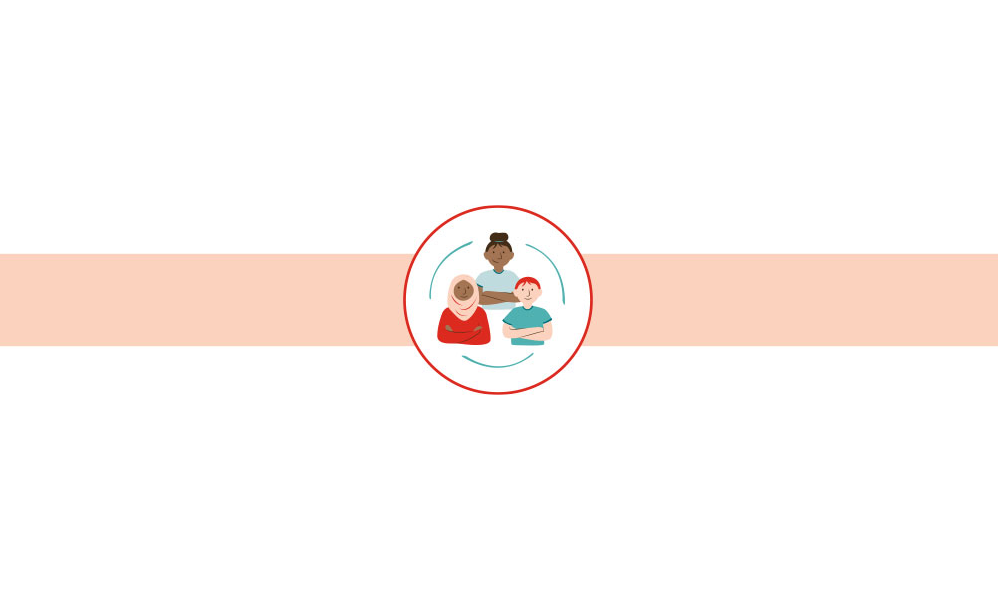The socio-ecological perspective
The socio-ecological perspective considers social and environmental factors that affect health and wellbeing.

About this resource
This section from The 2007 New Zealand Curriculum outlines one of the four key concepts: socio-ecological perspective, which is woven through the strands and key areas of learning in health and physical education. It supports teachers in exploring the structure, essence, and components of this learning area.
The socio-ecological perspective
What is the socio-ecological perspective?
The socio-ecological perspective considers social and environmental factors that affect health and wellbeing. Learning experiences that reflect the socio-ecological perspective enable ākonga to:
- seek to remove barriers to healthy choices
- learn about the conditions that promote the wellbeing of themselves, other people, and society as a whole
- come to a better understanding of how and why individuals differ.
This concept enables young people to look beyond the superficial and beyond themselves. They learn how to work towards a future that encourages people to question, challenge, and, where appropriate, take action on the issues that are important to them. Ākonga will learn to take societal considerations into account as well as individual considerations and will discover the need to integrate these.
The socio-ecological perspective is evident when ākonga:
- can identify and reflect on the factors that influence people’s choices and behaviours (including social, economic, environmental, cultural, and behavioural factors and their interactions)
- recognise the need for mutual care and shared responsibility between themselves, others, and society
- actively contribute to their own wellbeing, as well as that of other people, wider society, and the health of the environment that they live in.



